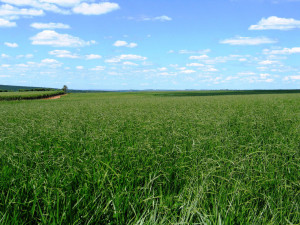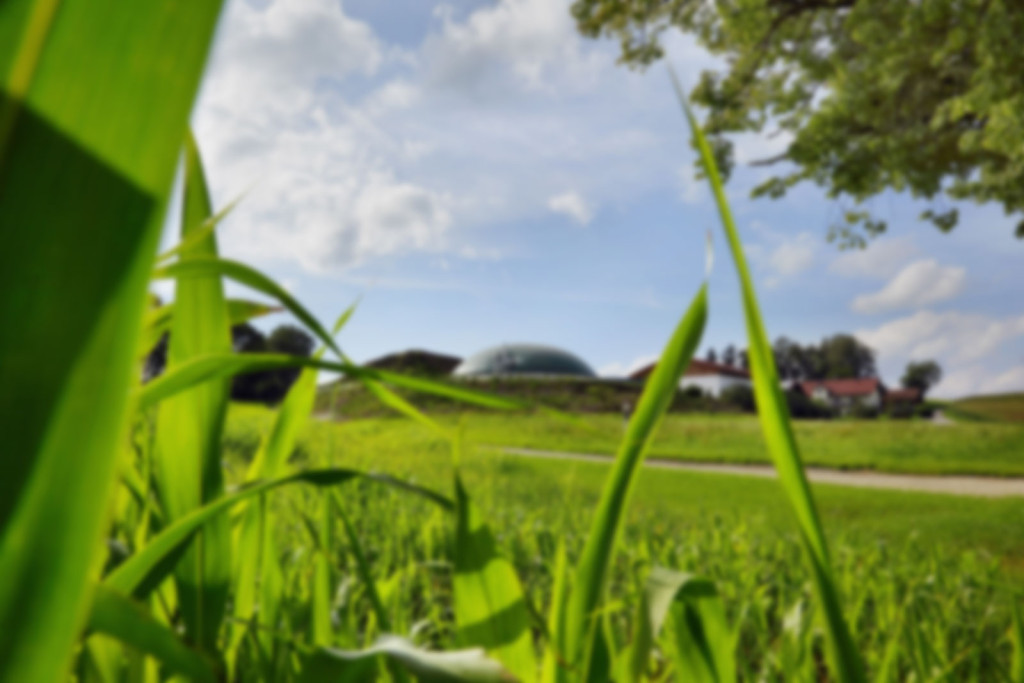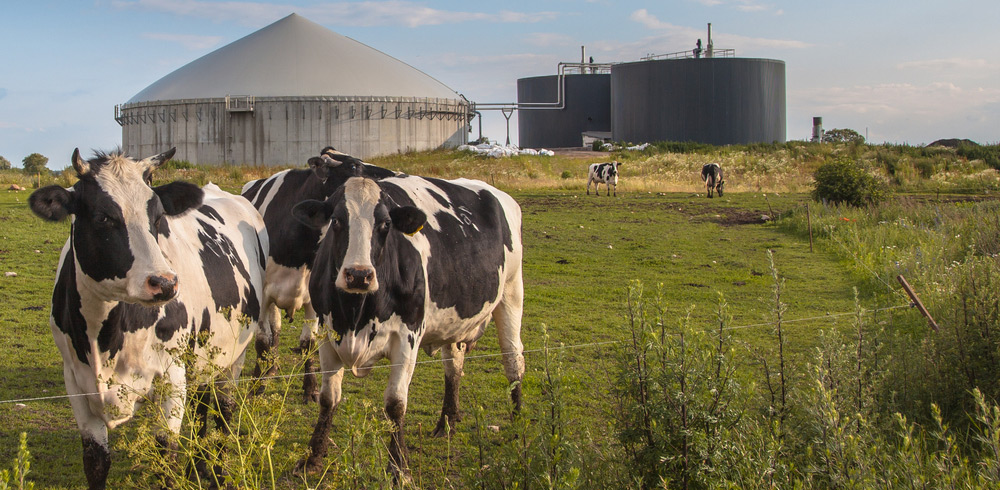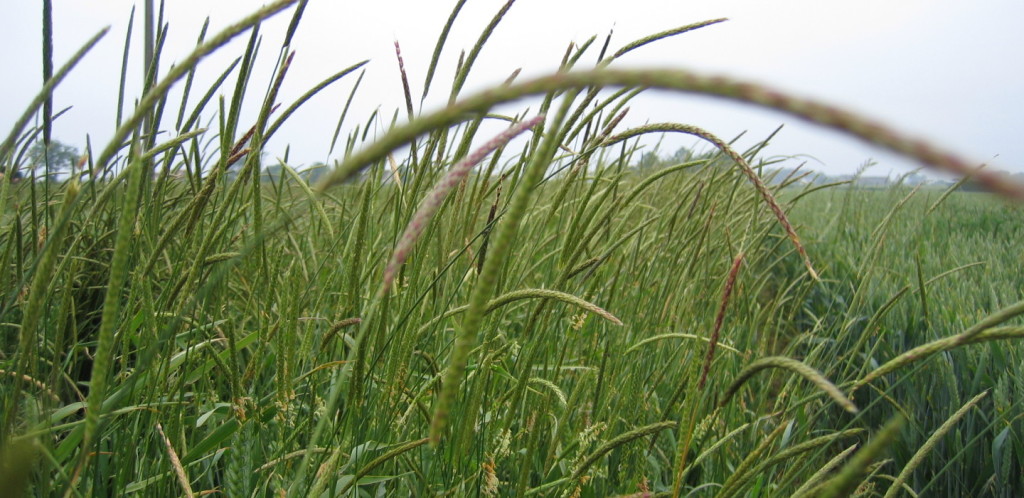AcrEnergy focuses on those feedstock streams where there is enough land for digestate off-take. It means farmers play a very important role in contributing towards green gas production.
We only turn waste and break crops to green gas if enough farmland is available surrounding the plant to spread the residue from those plants.
The feedstock we work with is derived from a number of sources including food production, residential waste collection and / or the farms.
The residue from the plant is an organic and liquid nutrient-rich fertiliser which feeds the crops and grassland, but it is also a soil conditioner.





